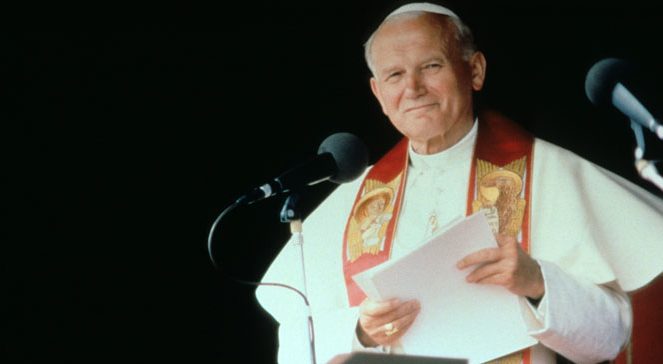For the entire Communist world, the election of the Polish Cardinal as the head of the Catholic Church was a big shock. And, especially that Cardinal! In Warsaw, there was a meeting of the Central Committee of the PZPR and one of the leaders, hearing the name of Karol Wojtyła in the phone, upset cursed. In the Kremlin and in the other capitals of the Empire for a week there was an amazing but also significant silence. Only Prague, as usual, fired a propaganda salvo, warning the new Pope and the Vatican not to “interfere” into the internal affairs of the socialist countries.
In the meantime – perhaps precisely for that reason – the conclave elected a man who knew well Marxism and the mechanisms of the system that have started to make cracking sounds. Also, for the reason – as it is being said – during the preparatory meetings, the so-called general congregations, many Cardinals were impressed with the speech of the Primate of Poland, Stefan Wyszyński, who spoke of the communism which was experiencing the crisis, both in the sphere of ideology, social and economic. “The predictions of its irreversibility in the world should not come true.”
So, after exhausting the options of the Italian candidates, the Cardinals began to think of a man who, through his experience, knowledge of the situation, and above all through the power of his faith could support the churches of Eastern Europe and at least try to lessen the repressions of the Christian communities to which they were constantly subjected in that part of the world.
Indeed, few days after John Paul II’s election, he said in Assisi that “there is no longer a church of silence” because from now on he will be speaking with the voice of the Pope. And later, he personally made the decision that from Taranto he will address Albania and this way remind the world of the existence of this nation, forgotten by all, and to recall that in this country believers, not only Catholics, are subjected to cruel persecution.
At the permission of Cardinal Stanisław Dziwisz – “At the side of the Saint”
St. Stanislaus BM Publisher, Kraków 2013





